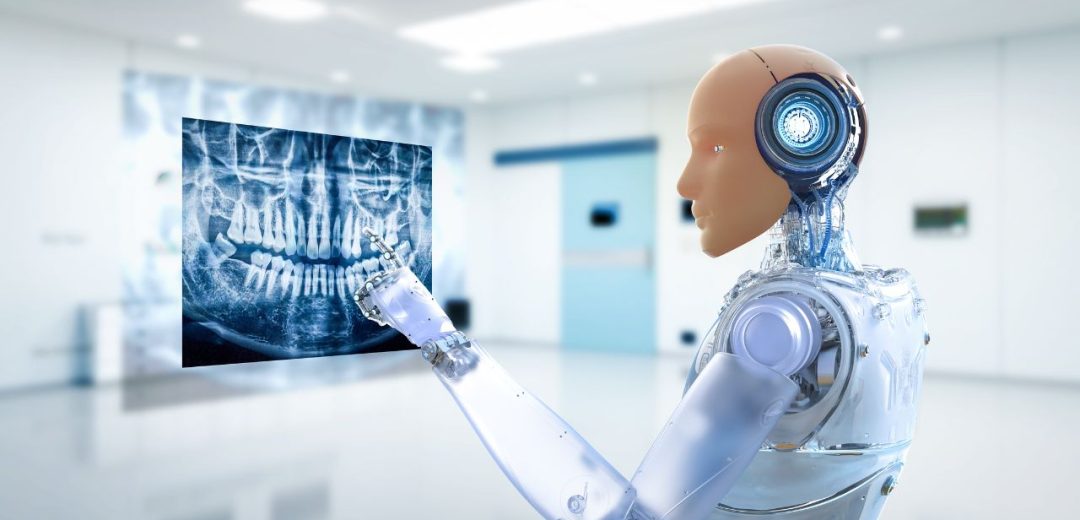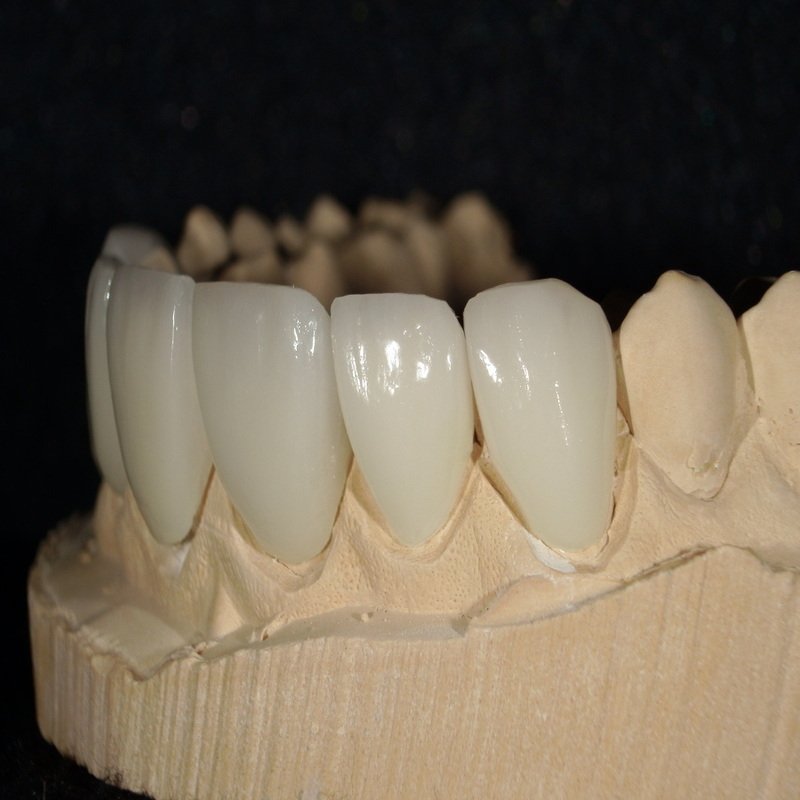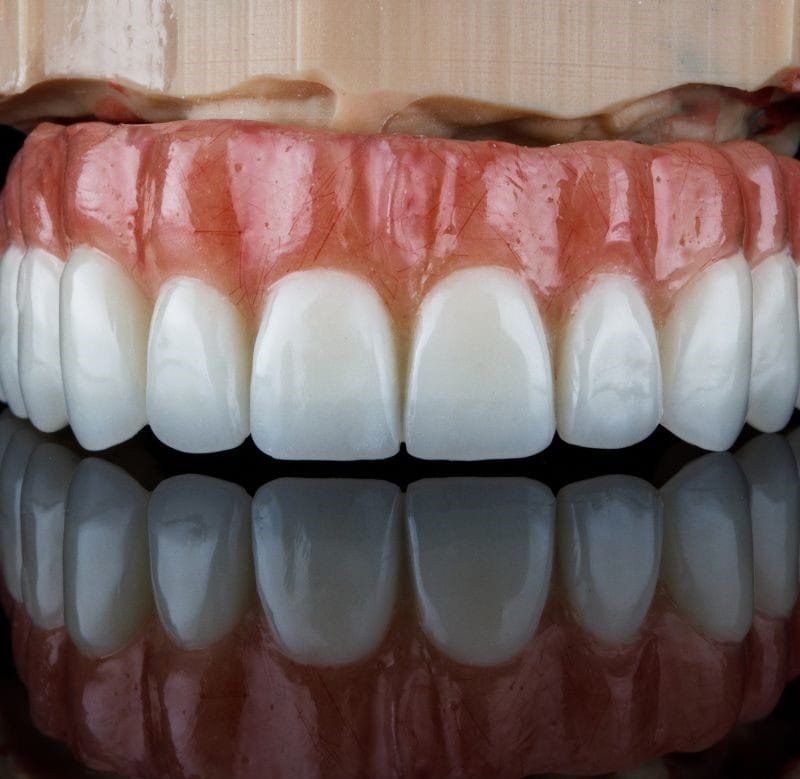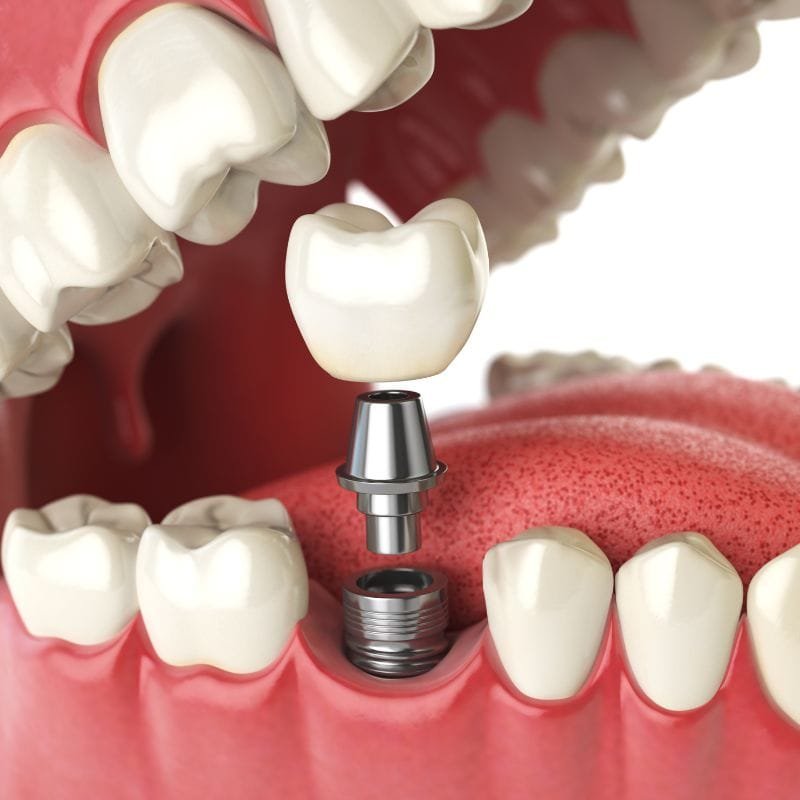This Is How Artificial Intelligence Is Changing Dentistry Forever
Many devices, tools, equipment, etc., help everyday workers like dentists execute their tasks successfully, decreasing potential risks to their health and well-being. But. But about artificial intelligence? Technology, followed by AI dentistry, goes hand in hand. Both have been rapidly generating traction among the researchers covering this field. People, in general, have been looking for this tech.
The dentistry field, especially AI dentistry, produces intuitive devices and instruments to help dentists continuously create the best results available in this field. As many of you may know, all fields of electronic devices have opted and coped well with artificial intelligence with great enthusiasm and excitement, as this innovation has provided an excellent environment for healthy competition.
Fields of dental science are no exception
Any individual can use any device for its primary purpose. You must apply a certain amount of force to use it, but what about tools you cannot physically manipulate?
Many dental facilities now know that, with the patients they handle simultaneously, demand has increased for documented data to be available quickly.
That is why the demand for these technologies (AI dentistry) is vital for dental clinics that want to stay competitive.
How affects Intelligent Software?
Now more than ever, intelligent software is required to manage all the patient’s files and requirements to save and compile large amounts of data. These would include:
- Photos
- Schedules
- Treatments
- Medical conditions
That is where AI dentistry comes in, as it provides helpful support for dental surgeons without requiring them to move a finger.
Artificial intelligence dentistry is intelligence that produces digital information that provides any amount of data required for any field of work, including:
- Computing
- Automotive
- Entertainment
What is Artificial Intelligence in Dentistry?
Awesome ideas often pop into our minds when we think about artificial intelligence or AI. We can imagine entire worlds of fantastic things, such as robots having full conversations with us. But it turns out that artificial intelligence is more popular and less mesmerizing than most of us have thought.
Artificial Intelligence includes an extensive spectrum of emerging technologies influencing daily lives. The evolution of AI analyzes big data possible, which gives reliable information and improves the decision-making process. So, AI is a technology that influences the dental care field because of the need for accurate diagnosis and superior patient care.
To understand the trend of AI in dentistry, electronic searching was done, combined with approaching individual companies to get the details of AI-based services. If you are familiar with history, you will probably know that barbers used to pull out teeth from random people back in the day because there was no other way to do it.
But today, with the current AI applications in clinical dentistry, the future of AI-based comprehensive dental care systems is expected to establish high-quality patient care and facilitate advanced decision-support devices and tools.

Down Sides to AI Dentistry
This does not suggest that artificial intelligence dentistry will replace a professionally developed dental surgeon with years of training and experience. Instead, it’ll be crucial to be on par with the benefits the technological advancements will provide for future dental practices.
Since the beginning of the field of science, technologists, and researchers have been trying to resolve the high complexity of the human brain. The trillions of neurons that cement the mind’s basis have perplexed the scientific community. This begs the question: Will AI ever reach the complex composition of the brain that is so simple yet intriguing?
Like any other tool, artificial intelligence has its ups and downs. The negative side of AI is that it may have insufficient data files of information required to perform correctly. In other cases, the data recollected by the AI may be inaccurate or represent incorrect information displays.
This means that the following dentists in their respective dental fields could struggle with the information provided, plus the learning curve involved.
AI Dentistry: Specialities
- General dentists perform regularly scheduled dental exams and teeth cleanings. They do not implement sophisticated appliances, but it would be optimal if they did so.
- Prosthodontists (dentists who Repair any side of the jaw bone and repair individual or numerous sets of teeth) improve the appearance of the patient’s teeth and perform cosmetic dentistry. Other specialties they execute are diverse types of veneers and teeth whitening.
- Oral surgeons/pathologists specialize in techniques for treating oral diseases affecting the teeth and jaw bones. They also perform surgical operations and, in rare cases, operate near the patient’s nose, cheeks, ears, and throat.
- Endodontists treat nerve issues under or surrounding inferior as well as superior teeth. They are also qualified to carry out and complete crucial root canals to remove accumulated decay around a tooth’s nerve effectively.
- Periodontists treat and fix any anomalies, such as problems or harmful diseases involving the gums. As we mentioned, dentists operating on a more general horizon support and promote gum disease prevention. At the same time, periodontists provide treatments for progressive gum disease.
- Orthodontists treat and specialize in aligning teeth and jaw structures, utilizing well-known devices like retainers, braces, wires, and other similar gadgetry.
- Pediatric dentists specialize in general dental care and essential treatments for children who have developed most of their first teeth.
These specialists in their respective fields of expertise must, without a doubt, direct their sights on accepting these new implementations toward dentistry.
Clinicians must show interest in continuing to provide dental care shortly.
Dental surgeons must focus on these new technologies to remember all the information they require and the data they can obtain to fully comprehend and effectively implement them so that they can use them correctly in the future.
If today’s dentists can learn tomorrow’s techniques, they can continue exercising and provide better dental care to their patients.
If you want more reason for a beautiful smile, discover here more 10 tips like extra bonuses


